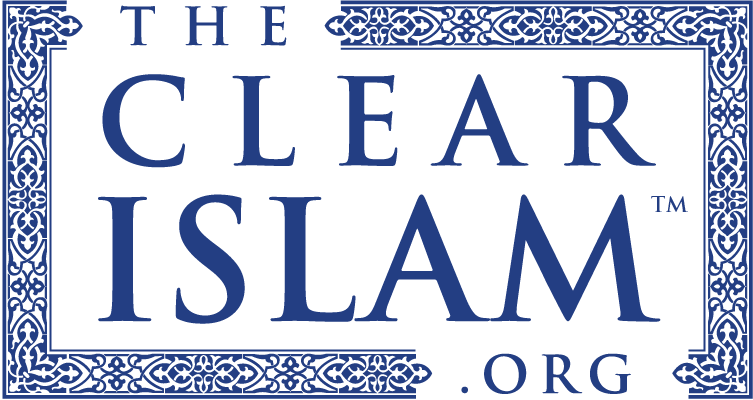Frequently Asked Questions About Islam
Welcome to our FAQ page. We’ve compiled answers to some of the most common questions we receive. If you don’t see your question here, please don’t hesitate to ask us directly.
All three are “Abrahamic faiths” that trace their origins to the prophet Abraham. They all believe in one God, a lineage of prophets, and divine revelation. The main difference lies in who they believe the final messenger of God is. Jews believe the line of prophets has not yet culminated in a final Messiah. Christians believe Jesus was the son of God and the final revelation. Muslims believe Jesus was a great prophet, but that Muhammad was the final prophet sent with the ultimate revelation, the Quran, which confirms and completes the previous messages.
Sharia is not a strict, monolithic book of laws as often portrayed. The word “Sharia” literally means “the path to the watering hole”—it’s a broad set of moral and ethical principles from the Quran and the teachings of Prophet Muhammad. It covers everything from how to pray and be charitable to personal ethics and justice. Fiqh, or Islamic jurisprudence, is the human interpretation of how to apply Sharia in real life, and it can vary significantly among scholars and cultures.
Jesus, or ‘Isa, is one of the most revered prophets in Islam. The Quran confirms his virgin birth, his God-given miracles (healing the sick, raising the dead), and his status as the “Messiah.” Muslims believe he was a human prophet, not God or the Son of God, and that he was sent to guide the Children of Israel. We also believe he was not crucified but was raised to heaven by God and will return before the Day of Judgment.
Jihad means “to struggle.” It is a central concept in Islam but is widely misunderstood. The Greater Jihad: This is the primary form—the internal, non-violent struggle every person wages against their own ego, selfishness, greed, and evil inclinations. It is the struggle to be a better person.
The Lesser Jihad: This refers to the external struggle, which can include defending one’s family, community, or faith from attack or oppression. Strict rules of engagement apply: it must be declared by a legitimate authority, civilians cannot be targeted, and it cannot be for conquest or aggression. Terrorism is explicitly forbidden in Islam.
The Quran states that men and women are spiritual equals, created from a “single soul.” Islam granted women rights 1400 years ago that were radical for their time, including the right to an education, to own and inherit property, to consent to marriage, and to conduct business. The headscarf (hijab) is a personal choice of modesty and identity for many Muslim women, not a universal symbol of oppression. While some Muslim-majority countries have cultural practices that are oppressive to women, these practices often contradict the core teachings of the faith.
